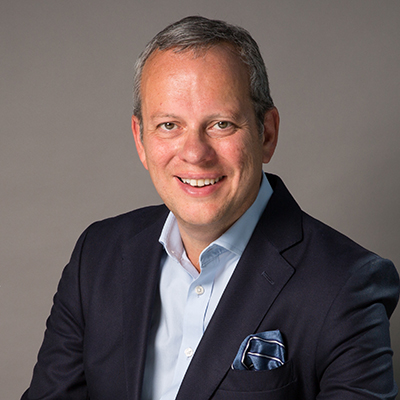Prior to starting up, my business partner and I spent a long time mulling on when to take the plunge and start our own business. At its best, that thinking brought stability and judgement. At its worst, it risked procrastination and almost lost opportunity.
Why? Well, first up, running your own show is a risky thing to do and not something to be entered into lightly. But for a great many, it’s also one of the most life affirming decisions you can ever make. And with it, the perennial balance between your outlook on risk and reward.
Responsibility was a big one and we called that “marriage and mortgages”. I think it was also matched up with a good deal of comfort. If you’re in a good job, why risk it? And finally, the fear of the unknown. What if it all goes wrong?
It’s why another of my favourite quotes belongs to another war time leader, Sir Winston Churchill, who allegedly said that “attitude is the small thing that makes a very big difference”. In the end, the best thing you can do is to face your fear. But do it with knowledge and do it with a plan.
All of this came to mind reading new research from the Global Entrepreneurship Monitor UK (GEM UK). Led by Professor Mark Hart, it has just concluded a fascinating study into the trends that have shaped the country’s entrepreneurial journey over the last quarter of a century.
Alongside it, recommendations for the new Government – not least around this question of fear of failure, which the report finds is higher in our population today than it was in 1999. Six out of 10 people now say that a fear of failure is a barrier to them starting a business.
This is a topic that has always been right up there in the list of discussion points when I interview entrepreneurs. It often manifests itself in a perennial question about whether entrepreneurs are born or made. And with it, an introspection on our appetite for risk.
There is a view espoused by some – one that I don’t share – that entrepreneurs are a miracle of DNA. Born with something special in them that gives them the guts to go for it, the skills to master it, the drive to deliver it.
The view I subscribe to is closer that of Malcolm Gladwell, who argues that it takes 10,000 hours of intense practice to become an expert in your field. It’s a view that what you put your mind to, you tend to master.
My own experience speaks to this, observing that enterprise education makes a big difference, challenging the old truism that the best way to learn is from your own mistakes. The range of UK programmes offer infrastructure that means business owners can learn and earn their way to success.
If there’s a conclusion to draw, it’s that we need to get on with this a lot earlier. As GEM UK finds, enterprise education should be embedded into the curriculum, and government policies related to business support and physical infrastructure should be strengthened, to foster a more supportive environment for entrepreneurs.
Another interesting aspect of the research is that it shows fear of failure is not unique to the UK and that 60% is comparable to countries such as the US, France and Germany. Taken another way that means a level playing field. If we can do better against this metric, then we can do better in our entire entrepreneurial story. This is at the heart of what it means to go for growth in an entrepreneur-led recovery.
And there’s good news in the data – not least our capacity to increase our entrepreneurial activity in times of crisis. In fact, the report suggests that 2011 – just following the global financial crisis – was a “break-out” year in terms of early-stage entrepreneurial activity in the UK, going from a fairly stable rate of 6-7% of the working age population in the first decade of the millennium to almost 10%. It similarly found a clear rise in entrepreneurial activity after the pandemic, as more people began to re-evaluate their career paths.
But there is work to do. Not least the urgent imperative to further diversify the entrepreneurial ecosystem in terms of gender, race, and region. To do it, GEM UK calls for immigration policies that attract diverse talent and enhance our entrepreneurial stock, a more equitable distribution of opportunities and resources between London and other regions, and measures to reduce the economic and social costs and stigma associated with entrepreneurial failure – especially for women.
The report calls fear of failure a “formidable obstacle” but I think that we can address it. You can build a supportive culture and ecosystem by design as much as by good fortune.
It needs the CIA – a mission to celebrate, inspire and accelerate the potential of people. And, by addressing fear, we find our way to growth.
Share via:










































